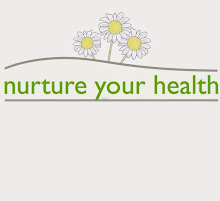Happy New Year! All the lack of familiarity during 2020 has me looking even more forward to the stabilizing energy of my yearly cleanse!
Each year since 2001, I have done a cleanse for the month of January. My regular day to day eating (no meat, no dairy, no eggs, no coffee, no alcohol, no refined sugar, limited gluten, limited processed foods) is pretty plain and simple for the most part, but during the cleanse, I also leave out all gluten, unrefined sweeteners, soy, nightshade veggies (tomatoes, potatoes, peppers, eggplant), and all pre-prepared foods (outside of rice cakes). This year I will also be reducing my intake of some of the high FODMAP foods (like onions and mushrooms).
2020 helped to reinforce for me the importance of my internal connection to self and the cleanse always helps to ground me further in my body. I feel especially grateful for this as I move forward into 2021.
Sending out wishes for a New Year that is filled with a bit more ease and calm and more love, more peace, and more happiness. Thank you to everyone who supported my practice in 2020, I am deeply thankful.













